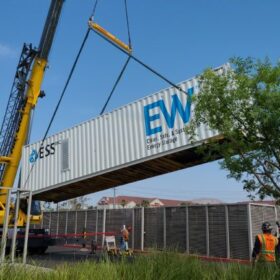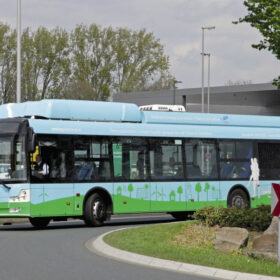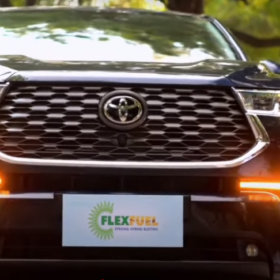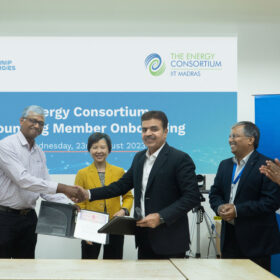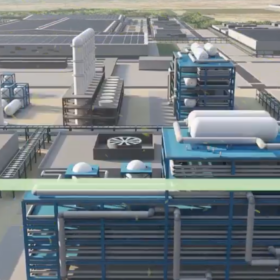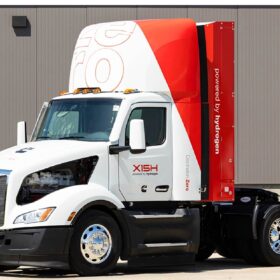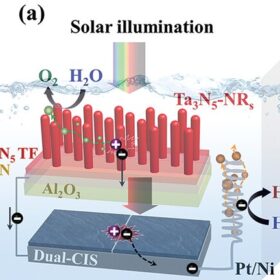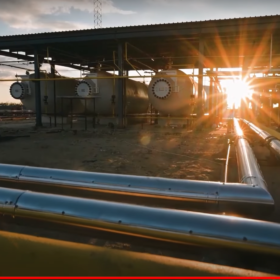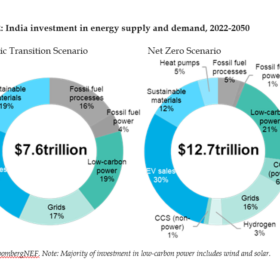Australian coal plant tests iron flow batteries
Energy Storage Industries is delivering 1 MW/10 MWh of flow battery storage to the Stanwell Power Station in the Australian state of Queensland. The flow batteries are part of a new government-run clean energy testing “hub,” featuring hydrogen and additional workforce training programs.
The Hydrogen Stream: Hydrogen buses less efficient than battery models
Italian researchers have compared the performance of hydrogen and electric buses in northern Italy, while DNV has released its guidelines to validate claims related to low-carbon renewable hydrogen and ammonia attributes.
Toyota Kirloskar Motor unveils electrified flex-fuel car in India
The prototype car features a flex-fuel engine and an electric powertrain and adheres to India’s stricter emission standards, BS 6 (Stage II).
Technip Energies, IIT Madras collaborate on energy research
Technip Energies has joined hands with The Energy Consortium at the IIT Madras to develop new technologies in the energy segment.
Reliance chairman outlines plans for HJT solar modules, sodium-ion batteries
Mukesh D Ambani, the chairman and managing director of Reliance Industries, says the company aims to open a fully integrated solar gigafactory by the end of 2025. It also plans to initiate megawatt-level sodium-ion cell production by 2025.
Tata Cummins arm to make hydrogen engines, battery EV systems in Jharkhand
TCPL Green Energy Solutions, an arm of Tata Motors and Cummins joint venture, will set up a manufacturing plant in Jharkhand to produce hydrogen-based powertrains and battery electric vehicle aggregates and systems for commercial vehicles.
Multi-day energy storage increases grid capacity by factor of 10
Form Energy has released a white paper that provides further evidence that multi-day energy storage, like its iron-air technology, can substantially reduce the costs for New York to achieve its ambitious decarbonization targets.
The Hydrogen Stream: Water splitting with solar-to-hydrogen efficiency of 12%
A Japanese team is working on a solar water splitting system with a 12% solar-to-hydrogen efficiency, while UK researchers have identified the reason why graphene’s dense crystalline structure is much more permeable to protons.
Acme signs land agreement for green hydrogen, ammonia project in Odisha
Acme Group will set up a green hydrogen and ammonia project at Tata Steel Special Economic Zone Ltd’s Gopalpur Industrial Park in the Ganjam district. The land agreement sets aside 343 acres of land for the project.
India’s transition to net-zero emissions presents $12.7 trillion investment opportunity
India’s energy system requires investments totaling $12.7 trillion between 2022 and 2050 to reach net-zero emissions by mid-century.
